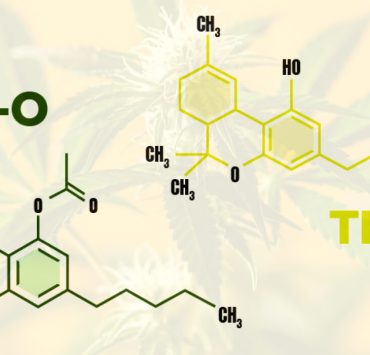Barsha Bhattacharya is a senior content writing executive. As a…
Recently, the American Heart Association Scientific Sessions based in Philadelphia did some research to find out about older adults who consume marijuana but not tobacco. The research shows that older adults are at risk of stroke and heart attack when hospitalized, while regular marijuana users have a 34% increase in chances of falling prey to heart failure, as per CNN.
The AHA (American Heart Association) has released suggestions requesting individuals to avoid vaping or smoking any substances. This includes cannabis products, considering the potential risks these products pose to blood vessels, lungs, and the heart.
Robert Page II, the chair for the volunteer group of writers who contributed to the 2020 American Heart Association Scientific Statement: Medical Marijuana, Recreational Cannabis, & Cardiovascular Health, spoke in a statement in this context.
He said, “Observational data strongly point to the fact that cannabis use at any point in time, be it recreational or medicinal, may lead to the development of cardiovascular disease. The latest research about cannabis use indicates that smoking and inhaling cannabis increases concentrations of blood carboxyhemoglobin (carbon monoxide, a poisonous gas) tar (partly burned combustible matter), similar to the effects of inhaling a tobacco cigarette, both of which have been linked to heart muscle disease, chest pain, heart rhythm disturbances, heart attacks and other serious conditions.”
Currently, marijuana usage amongst older adults has been on the rise. As per a study from 2020, the total number of seniors over 65 in America who consume edibles or smoke marijuana has doubled their consumption in three years (between 2015 and 2018). Another 2023 study revealed an increase of 450% in both marijuana usage and binge drinking in the last month amongst the population aged over 65 between 2015 and 2019.
Nearly 30% of marijuana consumers undergo a condition called Cannabis Use Disorder. In this case, victims experience symptoms of loss in appetite, restlessness, irritability, mood swings, food cravings, and sleep disturbances on quitting, as highlighted by the National Institute on Drug Abuse.
Additional Reading:
Barsha Bhattacharya is a senior content writing executive. As a marketing enthusiast and professional for the past 4 years, writing is new to Barsha. And she is loving every bit of it. Her niches are marketing, lifestyle, wellness, travel and entertainment. Apart from writing, Barsha loves to travel, binge-watch, research conspiracy theories, Instagram and overthink.








